Urban microclimate modification and management: the urban heat island effect
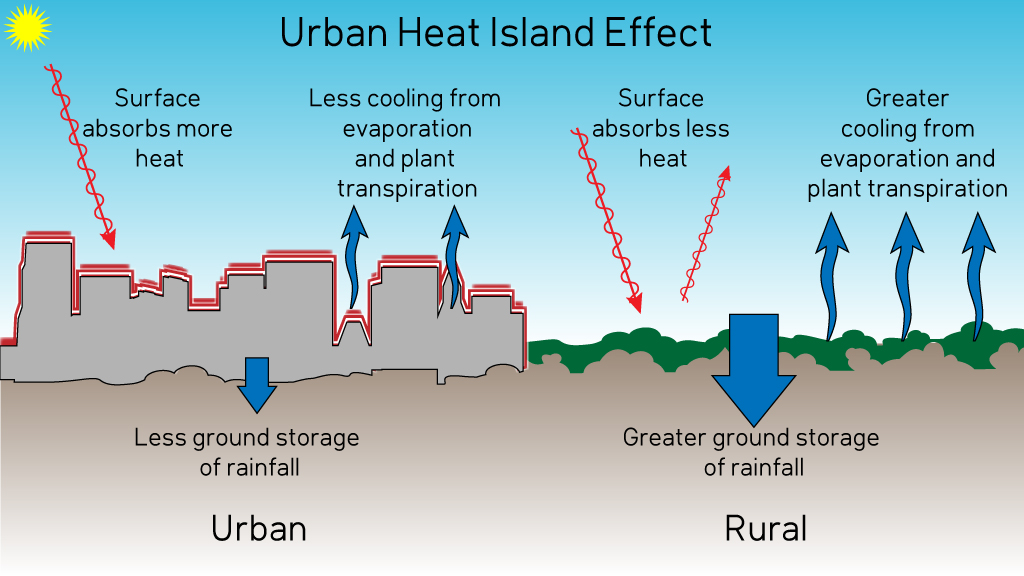
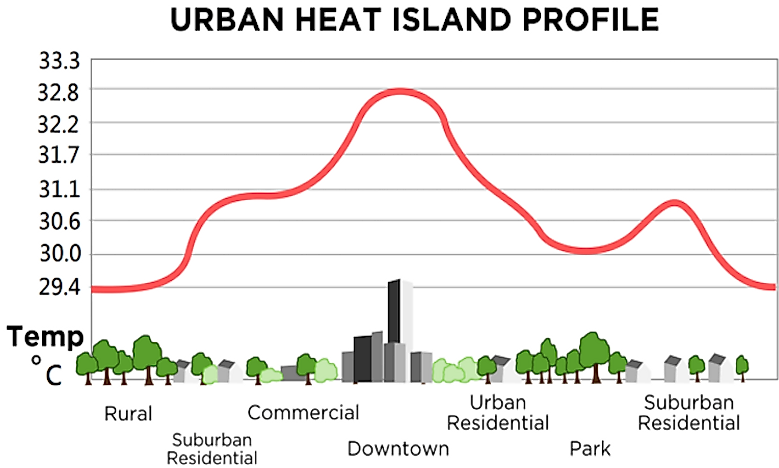
ClimateBits: Urban Heat Island
Urban Heat Islands on The Weather Channel
Air pollution patterns and its management - case study of air pollution in one city and its varying impact on people - São Paulo

Air quality in the metropolitan region of São Paulo
Key: green - good, yellow - moderate, orange - bad, red - very bad, purple - terrible
Follow the links below for input on the causes and impact of air pollution in São Paulo and air quality management strategies in Brazil.
Traffic congestion patterns, trends and impacts
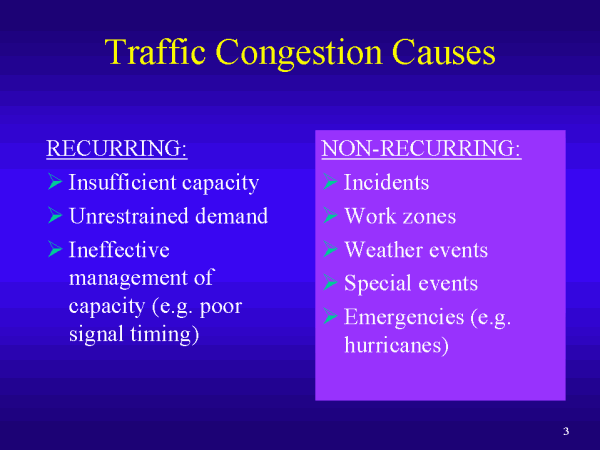
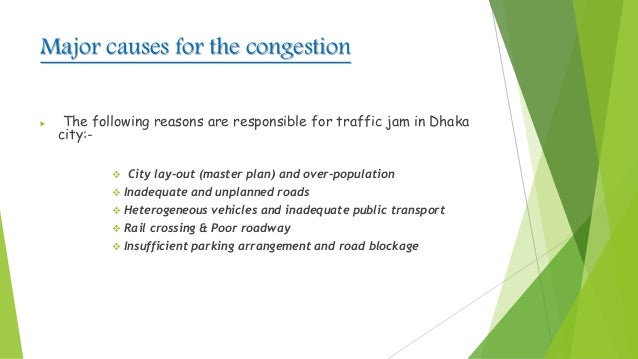
Source: http://www.newgeography.com/content/004504-traffic-congestion-world-10-worst-and-best-cities
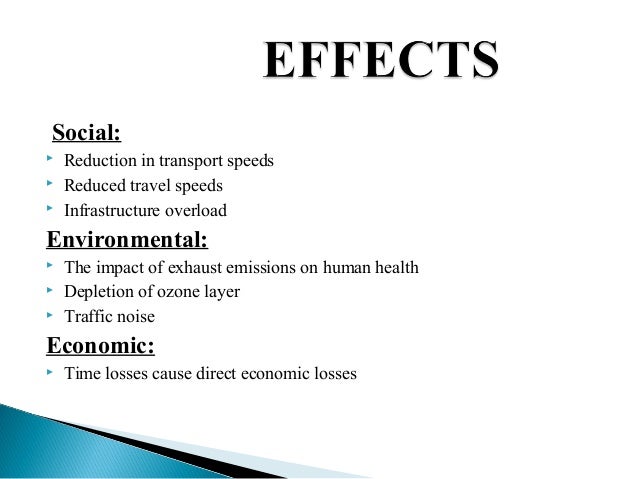
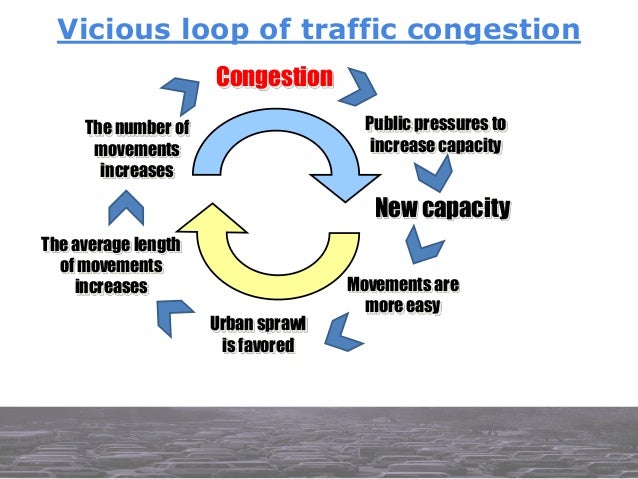
Example of a planned transport management framework from Australia

Case study of one affected city and the management response
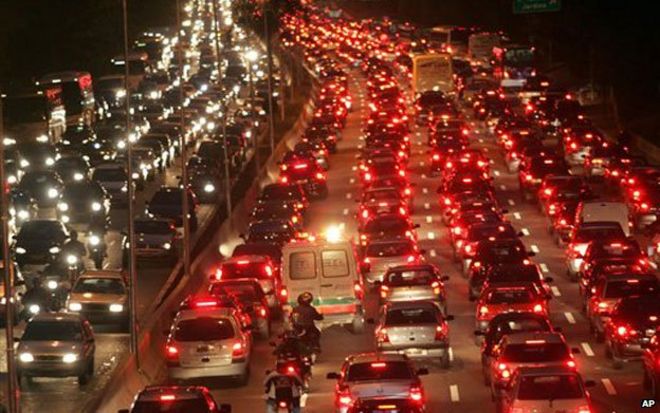
Contested land use changes, including slum clearances, urban redevelopment - Dharavi, Mumbai and Babilonia, Rio de Janeiro and the depletion of green space - comparative case study
Use the sources listed to collect information and complete the table below:
Sources (contrasting views):
Mumbai
Rio de Janeiro
Managing the impacts of urban social deprivation, including the cycle of deprivation and geographic patterns of crime
The maps below represent the impact of urban social deprivation in São Paulo (Brazil) and can be used to build a spatial analysis.
Criminality (percentage in variation to a criminality target) - 2014
Homicides - 2000
Population growth - 1991 - 2005
Formal employment per sector (industry, commerce, services)
Percentage of inhabitants belonging to black ethnic group - 2015
Slums - 2000
Source: Codrington, Stephen. Planet Geography. 2nd edition. Solid Star Press, 2017.
Synthesis (Sy), Evaluation (Ev) and Skills (Sk) opportunities
Use the content from this post to plan an answer the following question: ‘Discuss about the varying perspectives of different social groups on the costs and benefits of different urban strategies, and priorities for action’. 10 marks.
Use mark scheme on page 56 from the new syllabus guide (AO3)



No comments:
Post a Comment